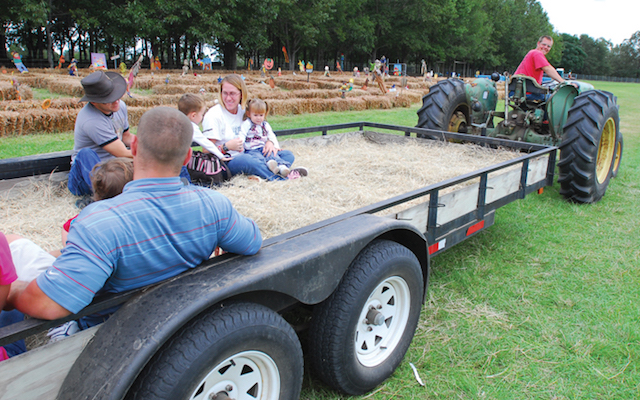When a church starts, typically the church focuses on doing a few things. But if a strategy for making disciples is not established, a church quickly drifts to complexity. When there is a clearly defined discipleship process, church leaders can focus resources, time, and energy on that which most helps people mature and develop. If there is not a clear process for discipleship, a myriad of events and programs get added.
Often a long-standing event needs to be buried as it drains resources, time, and energy from the more important. What can ministry leaders do to bury a church event wisely and sensitively?
Here are three options to bury a church event, ranging from the most extreme (killing it) to the least extreme (keeping it but using it strategically):
1. Cancel and Combine
Cancel the event and combine it with one of your regular programs. Cancel and combine requires you to show how the needs the event meets are already being met in one of the church’s existing programs.
Here is an example: A church spends time and energy promoting a trip to a baseball game together. They spend 5 minutes on 3 consecutive Sundays talking about how fun it will be, showing pictures from last year, and talking about how awesome it is that the church name was even put on the scoreboard. That is 15 minutes in collective worship gatherings that was not spent on nudging people to group Bible studies, to ministry opportunities, or to mission engagement.
Cancel and combine would be not offering this again to the whole church, but encouraging group or class leaders to organize time away from the group meeting to be together. And the baseball game would be an option. “We are not going to the game as a whole church this year but are encouraging groups to spend more time together. And a game is something groups may want to go to.”
2. Attach to an Existing Program
Another option is to attach the event to an existing program. By doing so, energy and resources are also attached to the existing program.
Here is an example: A church spends time and energy encouraging members to invite friends to their Easter services and also to their family Easter egg hunt. Instead of two different events, leaders decide to have the Easter egg hunt before the Saturday night service. By doing so, guest families are more easily invited to stay for the service.
3. Keep, but Use More Strategically
Not all events need to be canceled. And even if an event will one day need to be canceled, now may not be the right time. But now is the right time to use the event more strategically, to utilize the event as an “on-ramp” to something in the church’s discipleship strategy and not as a “cul-de-sac” that ends when the event ends.
Here is an example: A church hosts an annual Harvest Party (that just happens to be on Halloween night). In the past, attendees got a bag filled with brochures of everything the church offers. Even those on staff have not read all the brochures, so surely a guest never would. Using the event more strategically would mean identifying “the one thing we want to invite guests to attend” and leveraging communication in that direction.






